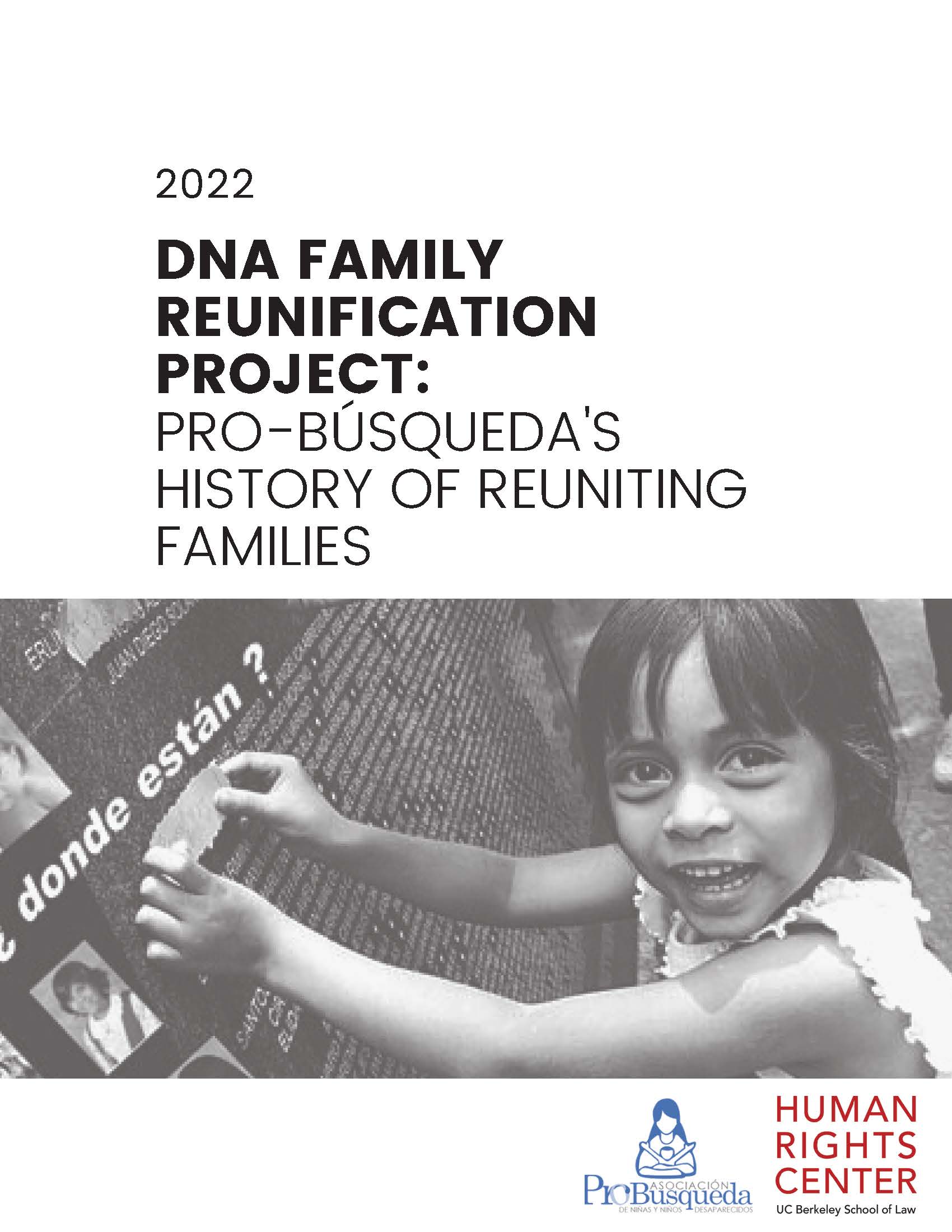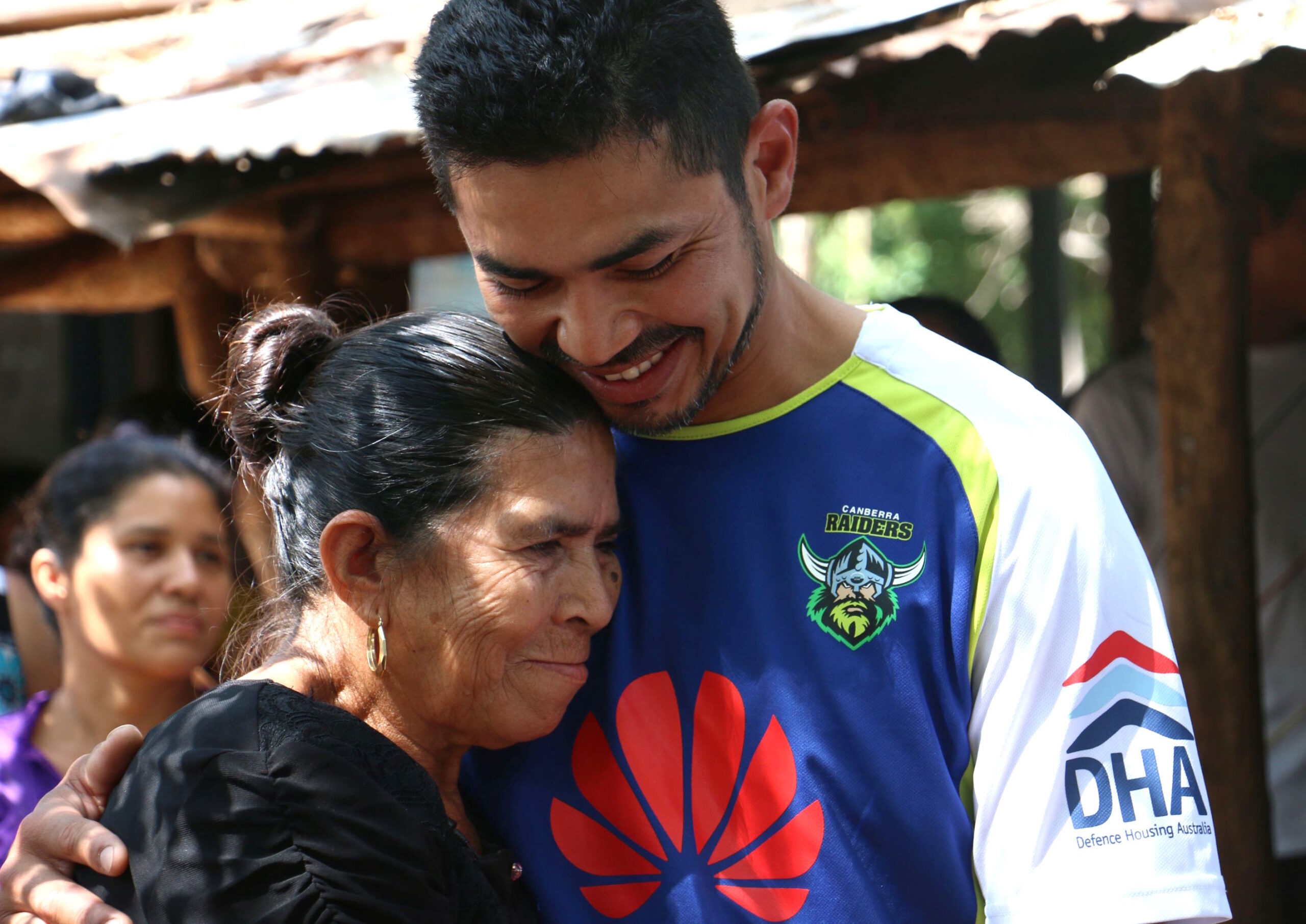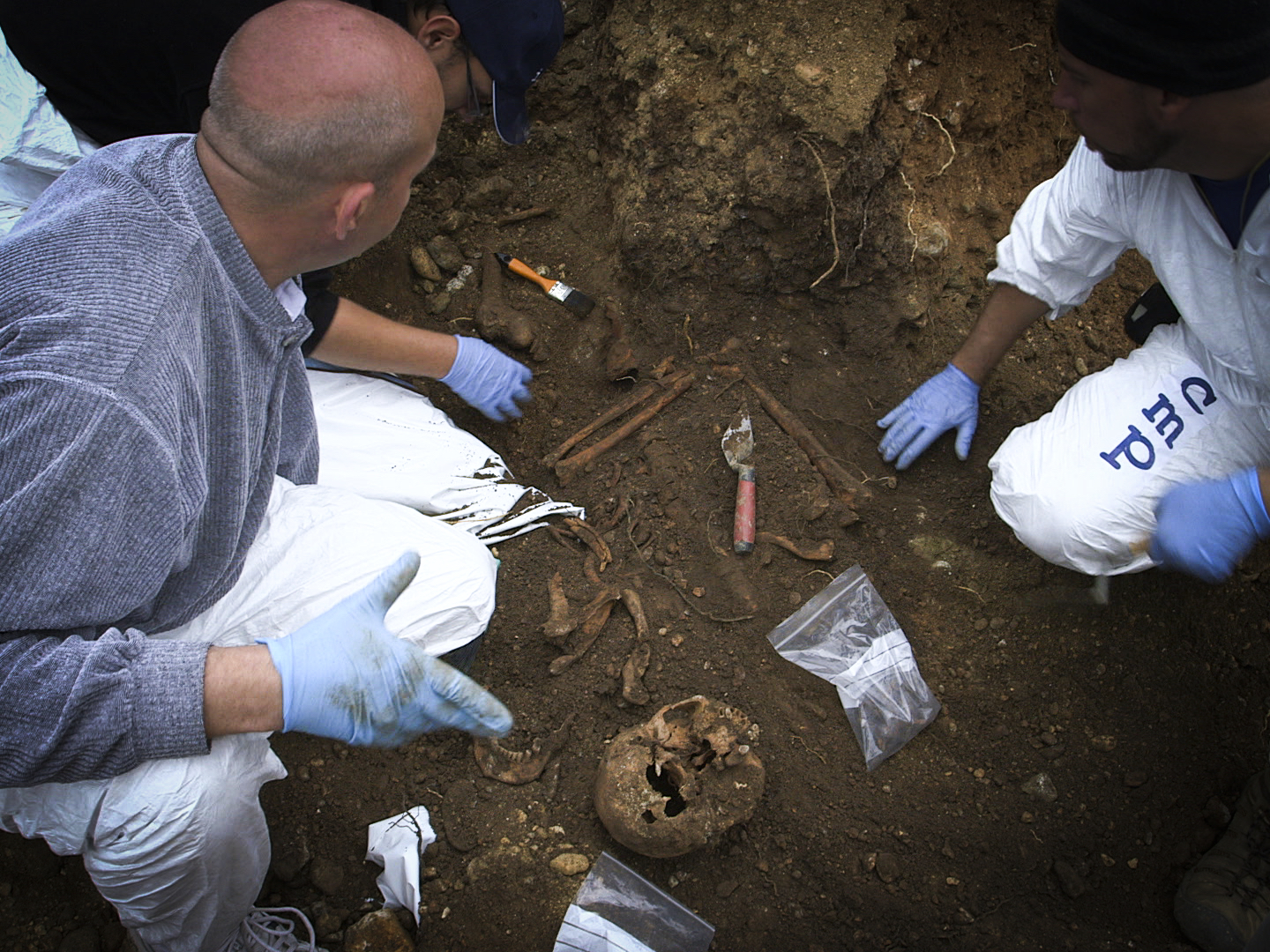DNA Family Reunification Project: Pro-Búsqueda’s History of Reuniting Families
Download PDFSummary
The Human Rights Center co-published “DNA Family Reunification Project: Pro-Búsqueda’s History of Reuniting Familie” with Asociación Pro-Búsqueda de Niñas y Niños Desaparecidos (Organization in Search of Disappeared Children), an NGO in San Salvador that reunites families with children who were abducted or surrendered under duress during the Salvadoran Civil War. The report was eleven years in the making, and represents nearly two decades of collaborative family reunification work. It serves as a history of the project and an educational tool detailing how to collect and preserve DNA, how to create and use a family reference database, and what to consider when conducting family reunifications. The release of this report coincides with the 30th anniversary of the UN Declaration on the Protection of all Persons from Enforced Disappearance. The launch of this report coincided with a Pro-Búsqueda campaign to locate mothers who were forced to give their children up for adoption during El Salvador’s civil war. Children were separated from their families in many forms during the conflict. Some mothers voluntarily gave up children who couldn’t be cared for in hopes of providing a better life, many children were abducted by the military after their parents were killed, and others were stolen and sold to adoption agencies. Collectively, children forced from their families are known as los desaparecidos, or the disappeared. Although the DNA collection process is voluntary, confidential, and free of charge, to date, many mothers have not provided DNA samples because they are not aware their biological children are looking for them, they are unfamiliar with Pro-Búsqueda’s work, or they fear sharing genetic information. HRC has worked with Pro-Búsqueda in multiple capacities since its founding in 1994, by collecting DNA samples, building relationships with forensic laboratories, helping to establish a family reference database, working with Salvadoran geneticist Patricia Vásquez to run the database and train colleagues to use it alongside Chilean molecular biologist Dr. Cristián Orrego Benavente, and establishing the Forensic Project at HRC to support Pro-Búsqueda’s mandate. HRC continues to support Pro-Búsqueda’s work with external forensic labs and communications with people adopted outside El Salvador seeking to submit DNA samples.


